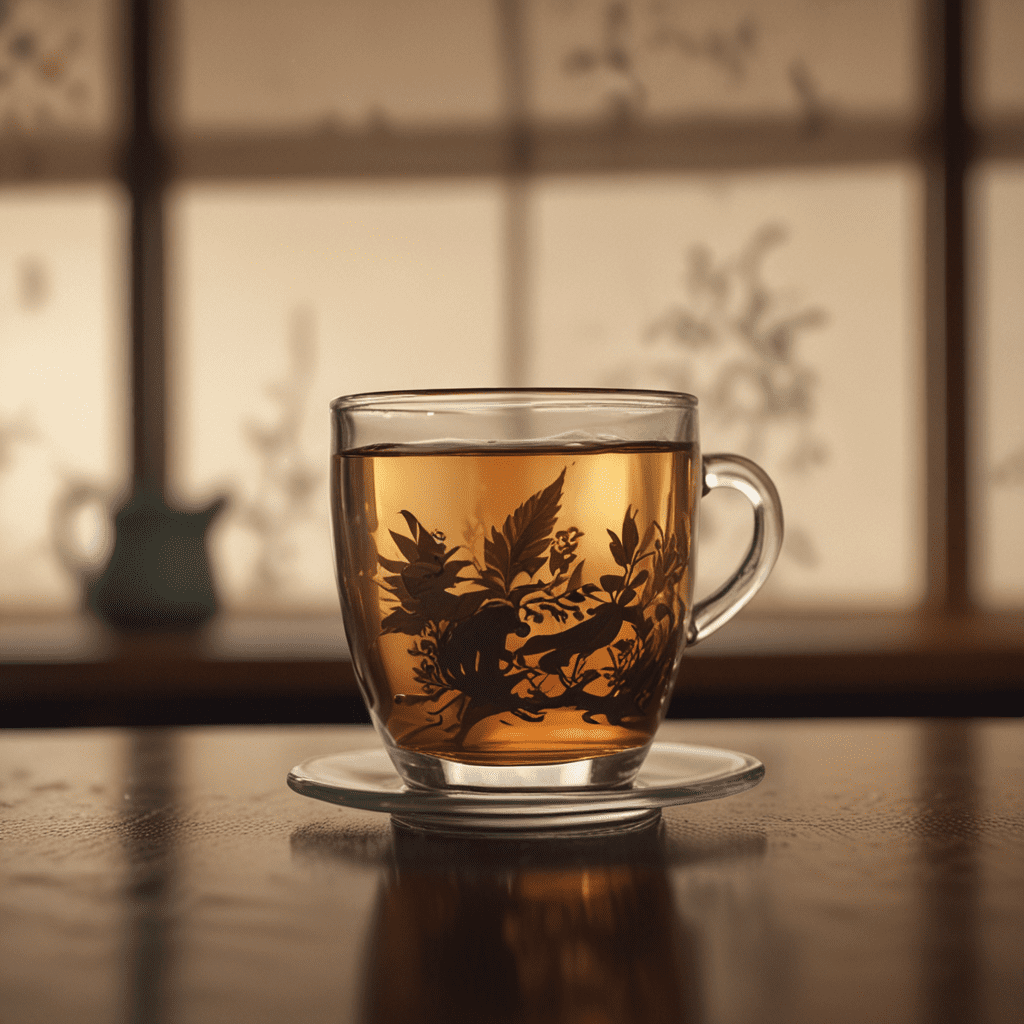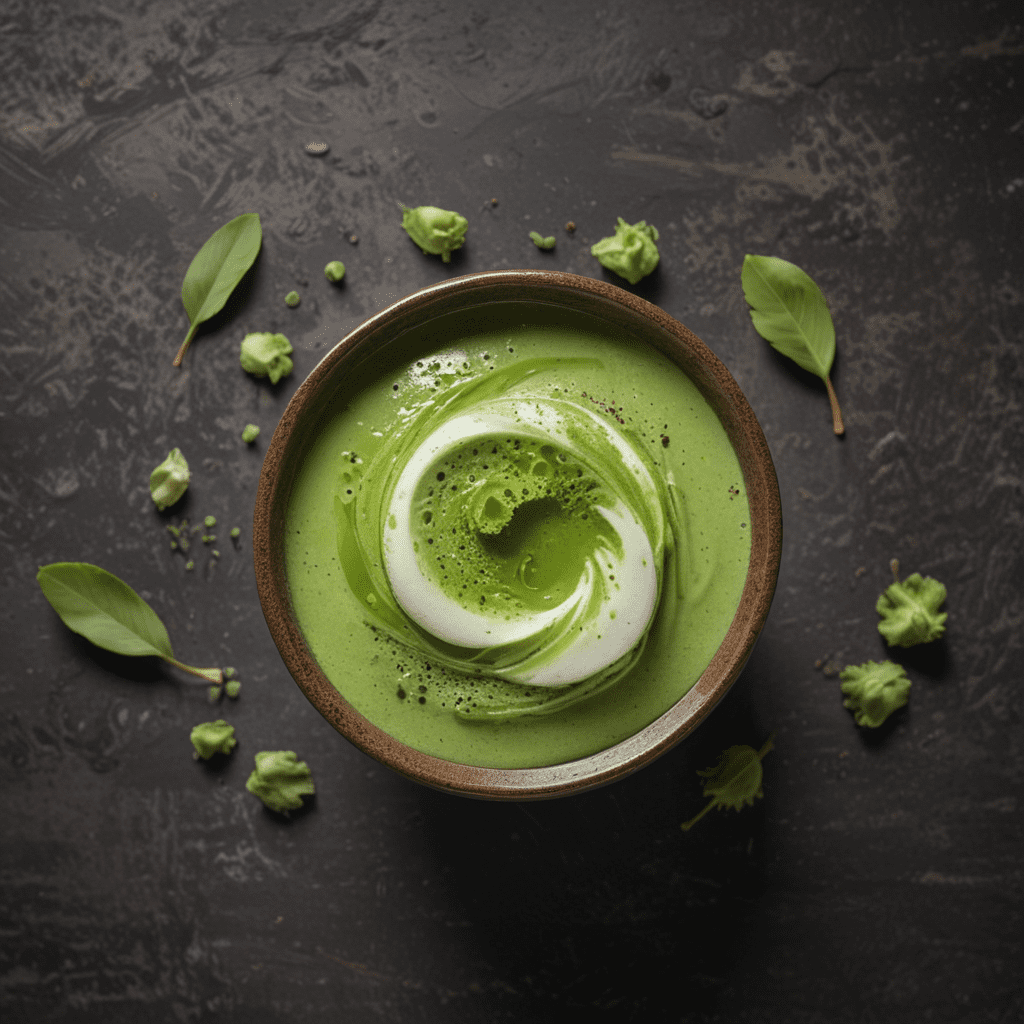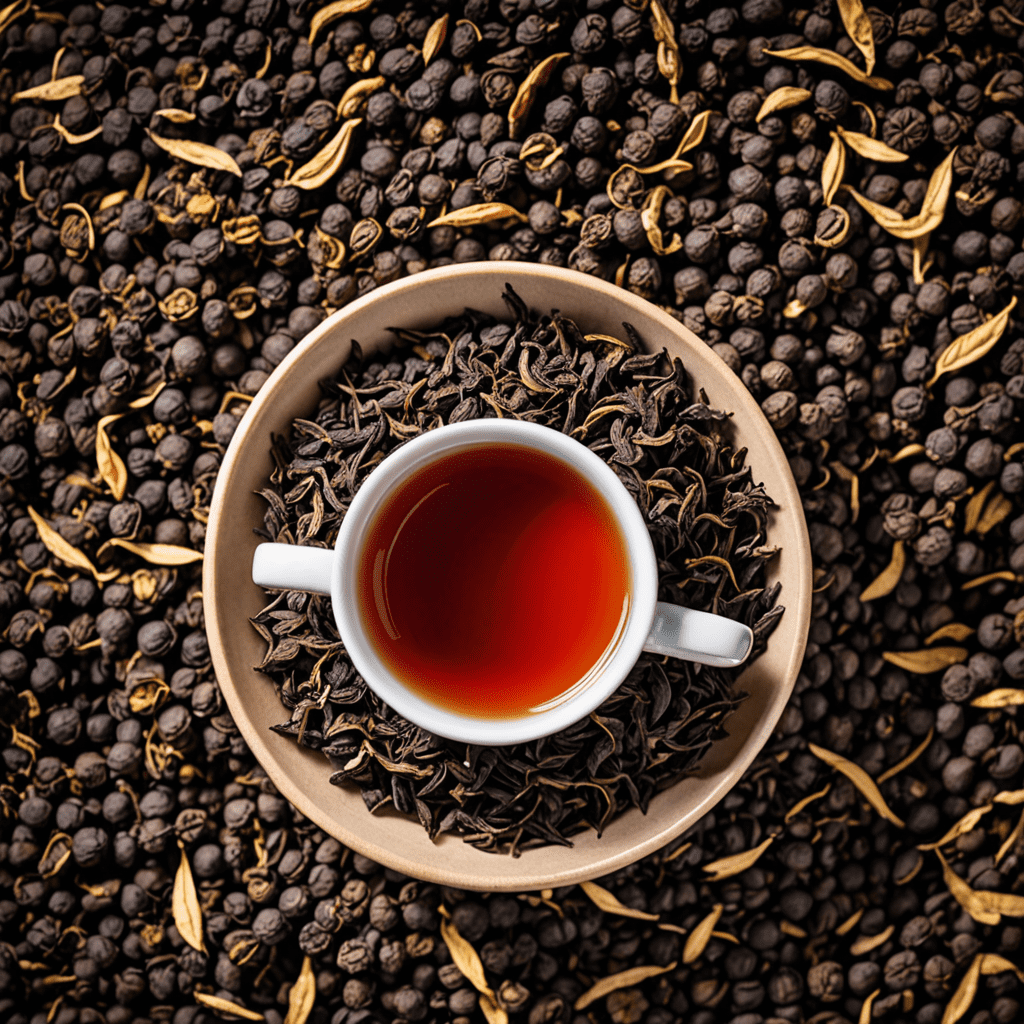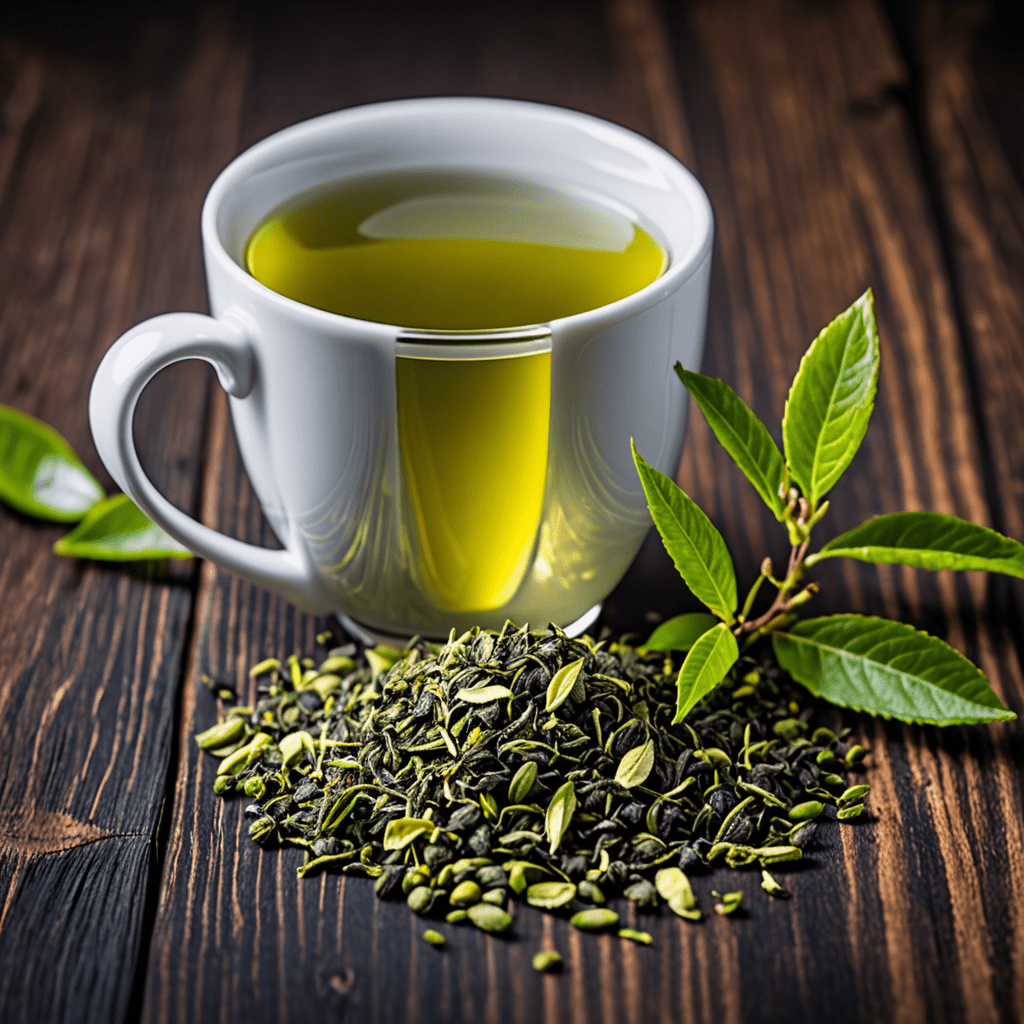Understanding the Symbolism of Tea in Chinese Culture
1. Historical Significance of Tea in China
Tea holds a pivotal place in Chinese history, dating back to ancient times. It is believed that tea was first discovered during the reign of Emperor Shennong in the 28th century BC. According to legend, the emperor accidentally stumbled upon tea when leaves from a wild tea tree fell into his boiling water.
Since its discovery, tea has been an integral part of Chinese culture and society. It was initially used as a medicinal beverage but gradually gained popularity as a recreational drink. During the Tang dynasty (618-907 AD), tea drinking became a refined and elegant art, and it was during this period that the tea ceremony emerged.
2. Tea as a Symbol of Hospitality and Grace
In Chinese culture, offering tea to guests is a gesture of hospitality and respect. It signifies warmth, welcome, and a desire to create a harmonious atmosphere. Tea is often served as a way to initiate conversations, bridge cultural divides, and express gratitude.
The act of pouring and serving tea is also imbued with symbolism. The careful preparation and presentation of tea demonstrate the host's attention to detail and their desire to provide comfort and nourishment to their guests.
3. Tea as a Symbol of Harmony and Balance
Tea is considered a symbol of balance and moderation in Chinese culture. The harmonious blend of bitter and sweet flavors in tea represents the balance of yin and yang, the opposing forces that govern the universe. Tea drinking is seen as a way to achieve inner harmony and equilibrium.
4. Tea as a Symbol of Longevity and Immortality
In Chinese folklore, tea is often associated with longevity and immortality. It is believed that drinking tea regularly can promote good health, vitality, and a long life. Tea is often served at special occasions, such as birthdays and anniversaries, as a wish for good fortune and a long life.
5. Tea as a Symbol of Purity and Cleanliness
Tea is also seen as a symbol of purity and cleanliness. The clear and refreshing taste of tea is believed to cleanse the body and mind, promoting spiritual well-being. Tea is often used in Chinese medicine to treat ailments and detoxify the body.
6. Tea as a Symbol of Wealth and Prosperity
In Chinese culture, tea is sometimes seen as a symbol of wealth and prosperity. The high cost of rare and premium teas has historically made them accessible only to the elite. As a result, tea became associated with luxury, refinement, and a high social status.
7. Tea as a Symbol of Culture and Refinement
Tea has always been closely intertwined with Chinese culture and aesthetics. The art of tea preparation and consumption has been elevated to a form of cultural refinement. Tea is seen as an embodiment of traditional Chinese values such as simplicity, harmony, and contemplation.
8. Tea as a Symbol of Zen Buddhism
Tea plays an important role in Zen Buddhism, where it is seen as a tool for spiritual awakening. The practice of tea drinking in Zen monasteries is highly ritualized and meditative. Tea is used as a way to focus the mind, cultivate presence, and seek enlightenment.
9. Tea in Chinese Literature and Art
Tea has been a frequent subject of Chinese literature and art for centuries. Poets, writers, and artists have used tea as a source of inspiration, symbolism, and aesthetic beauty. Many famous Chinese tea poems and paintings depict the serene and contemplative aspects of tea drinking.
10. The Modern Symbolism of Tea in Chinese Culture
In contemporary Chinese culture, tea continues to hold deep symbolic significance. While some traditional meanings have evolved, tea remains a symbol of hospitality, harmony, and cultural heritage. It is still widely consumed as a beverage, enjoyed as a cultural pastime, and used in traditional medicine and ceremonies.
FAQs:
Q: What is the significance of tea in Chinese culture?
A: Tea is a deeply rooted symbol of hospitality, harmony, balance, purity, wealth, culture, and Zen Buddhism in Chinese culture.
Q: What is the history of tea in China?
A: Tea was discovered in China in the 28th century BC and has been an integral part of Chinese society ever since. Tea drinking became a refined and elegant art during the Tang dynasty, and the tea ceremony emerged as a way to honor the beverage.
Q: How is tea used in traditional Chinese medicine?
A: Tea is believed to have medicinal properties and is used to treat ailments, promote good health, and detoxify the body.
Q: What role does tea play in Zen Buddhism?
A: Tea is used in Zen Buddhism as a tool for spiritual awakening and cultivating presence. The practice of tea drinking in Zen monasteries is highly ritualized and meditative.



